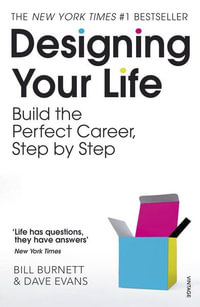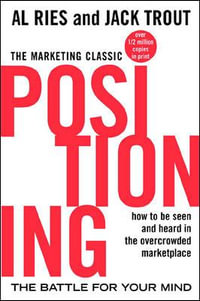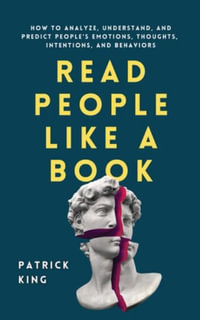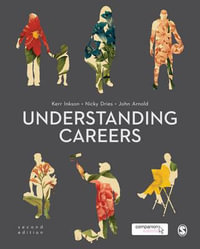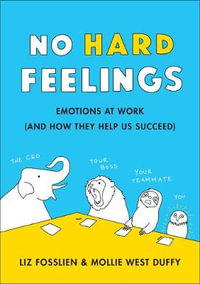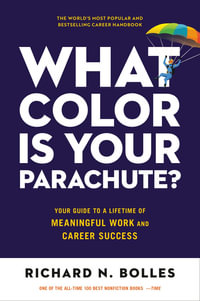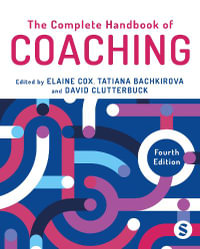
At a Glance
Hardcover
$373.80
or
Aims to ship in 10 to 15 business days
When will this arrive by?
Enter delivery postcode to estimate
Higher Education: Open for Business addresses a problem in higher learning, which is newly recognized in the academic spotlight: the overcommercialization of higher education. The book asks that you, the reader, think about the following: Did you go to a Coke or Pepsi school? Do your children attend a Nike or Adidas school? Is the college in your town a Dell or Gateway campus? These questions should not be a primary concern for students, parents or faculty in an environment that has to allow students to freely focus on learning. But in a time of fiscal uncertainty, can higher education ignore the benefits of commercial ventures? It may seem foolish to do so. However, commercialism has gotten too close to certain aspects of academia such as the campus environment, classroom activities, academic research, and college sports. This disturbing encroachment of academic ground is addressed in Higher Education: Open for Business by a diverse host of authors who are closely involved in higher learning.
Industry Reviews
In the 1960s, two significant events occurred. In 1963, Clark Kerr, president of the University of California, invented the concept of the multiversity in his book The Uses of the University. By that concept, Kerr meant an institution that was becoming increasingly indistinguishable from any other business enterprise in our industrial society, 'a mechanism held together by administrative rules and powered by money.' Second, in 1966, Ronald Reagan ran for governor on a platform that included 'cleaning up the mess in Berkeley.' When Reagan became president of the United States in the 1980s, a movement began to privatize and corporatize functions and institutions previously thought of as public, fueled by the questionable belief that the for-profit sector could do it less expensively and more efficiently. The chapters found in Higher Education explore the negative consequences of these trends upon colleges and universities and highlight important issues that have largely been ignored. -- Ritchie P. Lowry, professor of sociology, Boston College, and author of Good Money: A Guide to Profitable Social Investing in the '90s
The ever-growing power of the market ethic as a touchstone for university decision-making is transforming higher education. This provocative book casts a critical eye at how market values increasingly predominate across the campus landscape: in the science labs and on the athletic fields, in admissions offices and presidents' offices. For anyone who's troubled by the idea that higher education is losing sight of its true calling-the cultivation of knowledge-Higher Education delivers a confirmation and a call to arms. -- David L. Kirp, professor of public policy, University of California-Berkeley, and author of Shakespeare, Einstein, and the Bottom Line: The Mar
The book will be useful, particularly in graduate-level courses in higher education. Summing Up: Recommended. -- R.O. Ulin, emeritus, University of North Carolina at Chapel Hill * CHOICE *
The general issues raised by the authors are important ones. * Journal of Higher Education, January / February 2009 *
A penetrating look at how and why our higher education system is becoming increasingly commercialzed, coupled with some wise advice concerning what we might do about it. -- Alexander W. Astin, Allan M. Cartter Professor Emeritus at the University of California, Los Angeles and Founding Director of the Higher Education R
The ever-growing power of the market ethic as a touchstone for university decision-making is transforming higher education. This provocative book casts a critical eye at how market values increasingly predominate across the campus landscape: in the science labs and on the athletic fields, in admissions offices and presidents' offices. For anyone who's troubled by the idea that higher education is losing sight of its true calling-the cultivation of knowledge-Higher Education delivers a confirmation and a call to arms. -- David L. Kirp, professor of public policy, University of California-Berkeley, and author of Shakespeare, Einstein, and the Bottom Line: The Mar
The book will be useful, particularly in graduate-level courses in higher education. Summing Up: Recommended. -- R.O. Ulin, emeritus, University of North Carolina at Chapel Hill * CHOICE *
The general issues raised by the authors are important ones. * Journal of Higher Education, January / February 2009 *
A penetrating look at how and why our higher education system is becoming increasingly commercialzed, coupled with some wise advice concerning what we might do about it. -- Alexander W. Astin, Allan M. Cartter Professor Emeritus at the University of California, Los Angeles and Founding Director of the Higher Education R
ISBN: 9780739118474
ISBN-10: 0739118471
Published: 1st June 2007
Format: Hardcover
Language: English
Number of Pages: 196
Audience: General Adult
Publisher: LEXINGTON BOOKS
Country of Publication: GB
Dimensions (cm): 23.8 x 16.1 x 2.1
Weight (kg): 0.43
Shipping
| Standard Shipping | Express Shipping | |
|---|---|---|
| Metro postcodes: | $9.99 | $14.95 |
| Regional postcodes: | $9.99 | $14.95 |
| Rural postcodes: | $9.99 | $14.95 |
How to return your order
At Booktopia, we offer hassle-free returns in accordance with our returns policy. If you wish to return an item, please get in touch with Booktopia Customer Care.
Additional postage charges may be applicable.
Defective items
If there is a problem with any of the items received for your order then the Booktopia Customer Care team is ready to assist you.
For more info please visit our Help Centre.








